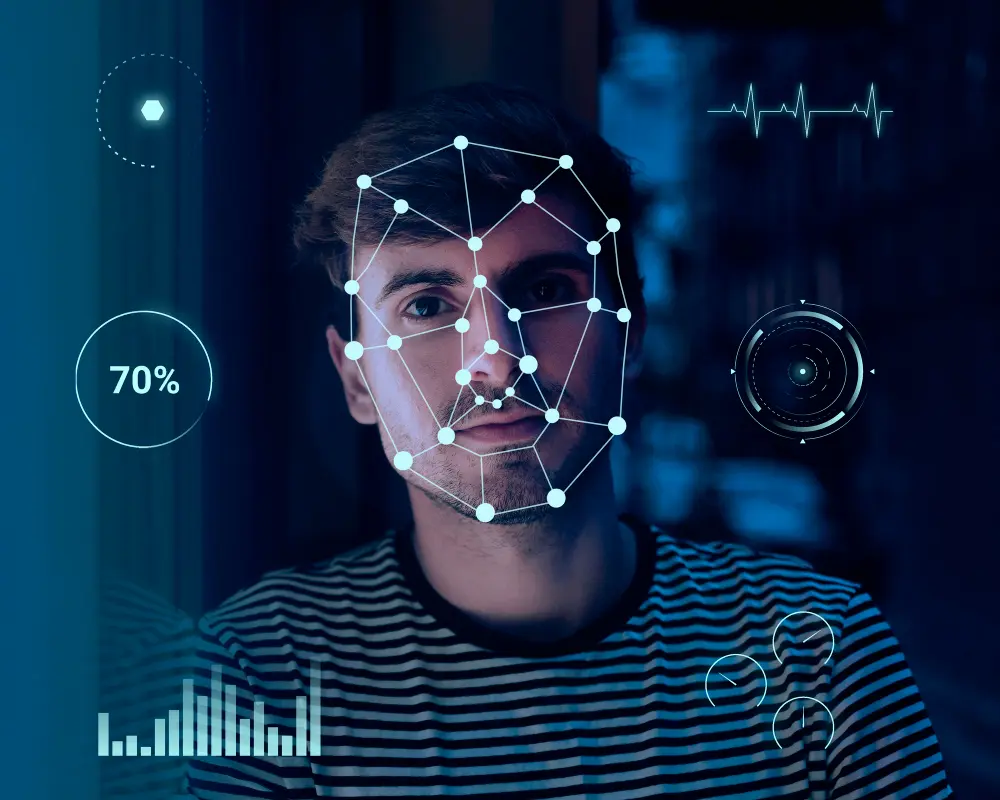The world of media is undergoing a seismic shift, largely fueled by the rapid advancements in artificial intelligence. Deepfakes and AI-generated content, collectively known as synthetic media, are becoming increasingly sophisticated, blurring the lines between reality and fabrication. This technological surge presents both exciting opportunities and daunting challenges for individuals, businesses, and society.
One of the most significant advancements is the enhanced realism and accessibility of deepfake creation. AI and deep-learning technologies have evolved to the point where synthetic media is becoming more convincing, and easier to access. Face replacement, face generation, and speech synthesis are now readily available, allowing malicious actors to create highly realistic fake content. Generative Adversarial Networks (GANs) and diffusion models further enhance the quality of deepfakes, making them nearly indistinguishable from authentic media. As AI continues to improve, the line between real and fake content becomes increasingly blurred, with the potential to fool even discerning viewers.
AI-generated content is also transforming content creation across various industries. AI tools can now produce high-quality videos, automate editing, and generate captions in seconds, democratizing creativity and enabling small businesses to craft professional-looking content without technical expertise. Furthermore, AI enhances content personalization by analyzing user preferences and delivering hyper-relevant content, creating more engaging and less cluttered experiences.
However, the rise of deepfakes and AI-generated content also raises serious concerns about authenticity, trust, and ethics. The potential for misuse is vast, ranging from spreading disinformation and propaganda to creating non-consensual sexual videos and images. The circulation of deepfakes can damage reputations, manipulate public perception, and erode trust in institutions. In fact, a Texas teen was a victim of fake AI nudes which has resulted in a new law requiring platforms to remove such content. Moreover, the volume of social media mentions regarding the speculation, detection, and opinions on AI-generated content has risen by 27% in the last year.
In response to these challenges, efforts are underway to develop robust AI-detection tools and establish regulatory frameworks. Social media platforms are expected to implement AI detection tools to verify the origin of content and help users distinguish between human-created and AI-generated material. These tools analyze inconsistencies in facial movements, detect artifacts introduced during the synthesis process, and compare suspected deepfakes against known authentic media.
Combating deepfakes requires a multi-faceted approach that includes technological solutions, regulatory measures, and public education. Researchers, policymakers, and technology developers must collaborate to ensure that detection systems remain effective and that society is protected from the potential harms of deepfakes. Raising public awareness about the existence and potential impact of deepfakes is also crucial in fostering critical thinking and media literacy. The "Take It Down Act," recently signed into law, criminalizes posting "intimate images" - real or AI-generated - online without an individual's consent and requires technology companies to remove the content within 48 hours.
Looking ahead, the trends in AI-generated content point toward increasingly sophisticated, multi-modal, and personalized experiences. AI will play a significant role in delivering customized content experiences by analyzing vast amounts of user data to tailor recommendations and user interactions. Real-time content customization, where AI tweaks character storylines or adapts music to a user's mood, is also on the horizon. AI-generated scripts and deepfake technology could even enable studios to create entire films with minimal human input, democratizing content creation and opening new creative possibilities for independent creators.
However, ethical concerns and the need for transparent practices remain paramount. Marketers and advertisers need to be crystal clear about when they are presenting AI-created content to audiences, highlighting its use as a tool for innovation rather than a shortcut past creativity. As AI-made content proliferates, the premium on human-made content and creativity will only grow, underscoring the importance of authenticity and originality.















